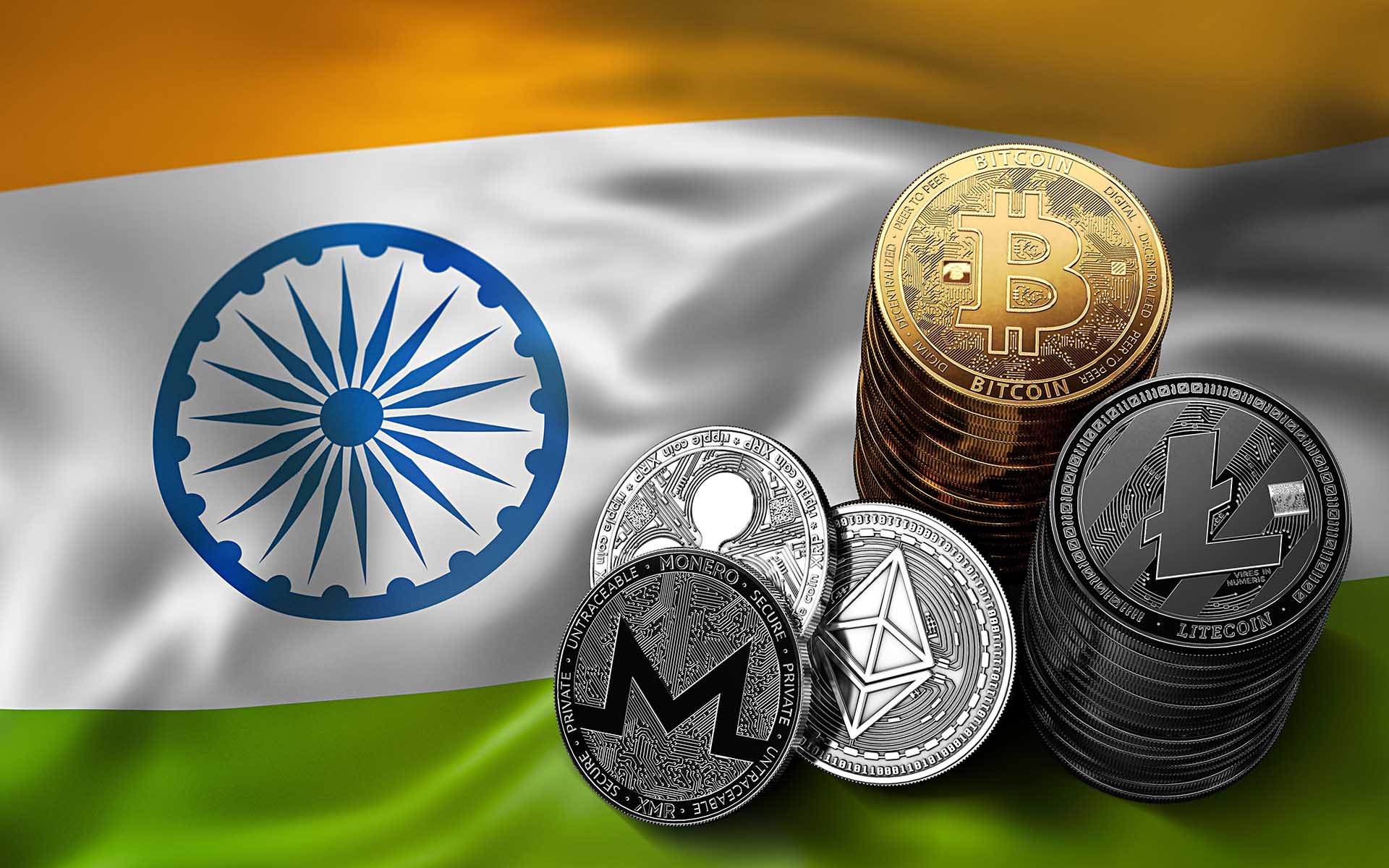
The recent RBI notice against cryptocurrencies that was applicable to banks, mobile wallets holding a payment instrument license, as well as any entity holding an RBI license has shook the crypt traders and exchanges from their base. Banks have also been given 3 months to settle all outstanding payments with crypto exchanges in India.
But last year, Mr Nischal Shetty, a young Indian miner, who started mining bitcoin from his own computer, but gradually lost his interest here is now a successful social media entrepreneur. Back in time, he was drawn to cryptocurrencies, amid a surge in global activity that would send the bitcoin price above $19,700 by December.
As excitement grew in India, he built a local cryptocurrency exchange start-up, WazirX, that finally went live on March 8. Four weeks after WazirX’s launch, the Reserve Bank of India made a draconian move to halt the flow of funds into this burgeoning sector.
Even as Indian authorities pledge to foster financial technology to accelerate national development, the fierce clampdown on cryptocurrencies is prompting protests that India could be left behind in a crucial area of innovation.
Raj Chowdhury, managing director of HashCash Consultants, a California-based company whose blockchain technology is used by customers in 26 countries, including India.
“Time and again we’ve seen this. The approach to new industries has left the country playing catch-up.”
Cryptocurrency scenario in India, has always been murky. Now the RBI ban on cryptocurrency purchase has blocked Indians from using local bank accounts to trade in cryptocurrencies on international exchanges. This is leading the Indian crypto users to rely on third party exchanges.
With the Indian cryptocurrency market largely cut off from those abroad, the bitcoin price on Indian exchanges was consistently about 10 per cent higher than that seen on large global peers. Similar premiums have been seen in other countries with strict capital controls, such as South Africa and Brazil.
Indian banks are required to enforce an annual limit on international financial transfers of more than $250,000 per person. However, there were no safeguards to prevent Indian traders from moving any amount of bitcoin overseas.
Financial crime specialist at Deloitte, KV Karthik, said the RBI latest action is in line with a broader push, including the shocking “demonetization” of high-value banknotes in November 2016, to crack down on money laundering and other illicit financial flows. “These are all dots getting connected to a common objective,” he said.
One must note that India is not the only nation take action against virtual currencies. Nations from Algeria to Bangladesh have prohibited their use, while China moved to shut down cryptocurrency exchanges last September.
Read more: China Makes Another Move to Clampdown Cryptocurrencies
Now, virtual currency exchange CoinRecoil, which has gone to court to fight the RBI decision. Rahul Raj, co-founder of cryptocurrency exchange Koinex said,
“If this decision is not reversed, Indian exchanges won’t continue to exist in the format they do today. Digital assets will become a dead asset in India — there’s just no mechanism to get in or out.
In fact, now RBI said it was exploring the potential to create a digital currency of its own. This follows government efforts to show a supportive approach towards other applications of the blockchain technology.
Read more: RBI is Planning To Introduce a Central Digital Currency
The article has been primarily covered by Financial times.
KryptoMoney.com publishes latest news and updates about Bitcoin, Blockchain Technology ,Cryptocurrencies and upcoming ICO’s.
Keep in mind that we may receive commissions when you click our links and make purchases. However, this does not impact our reviews and comparisons. We try our best to keep things fair and balanced, in order to help you make the best choice for you.